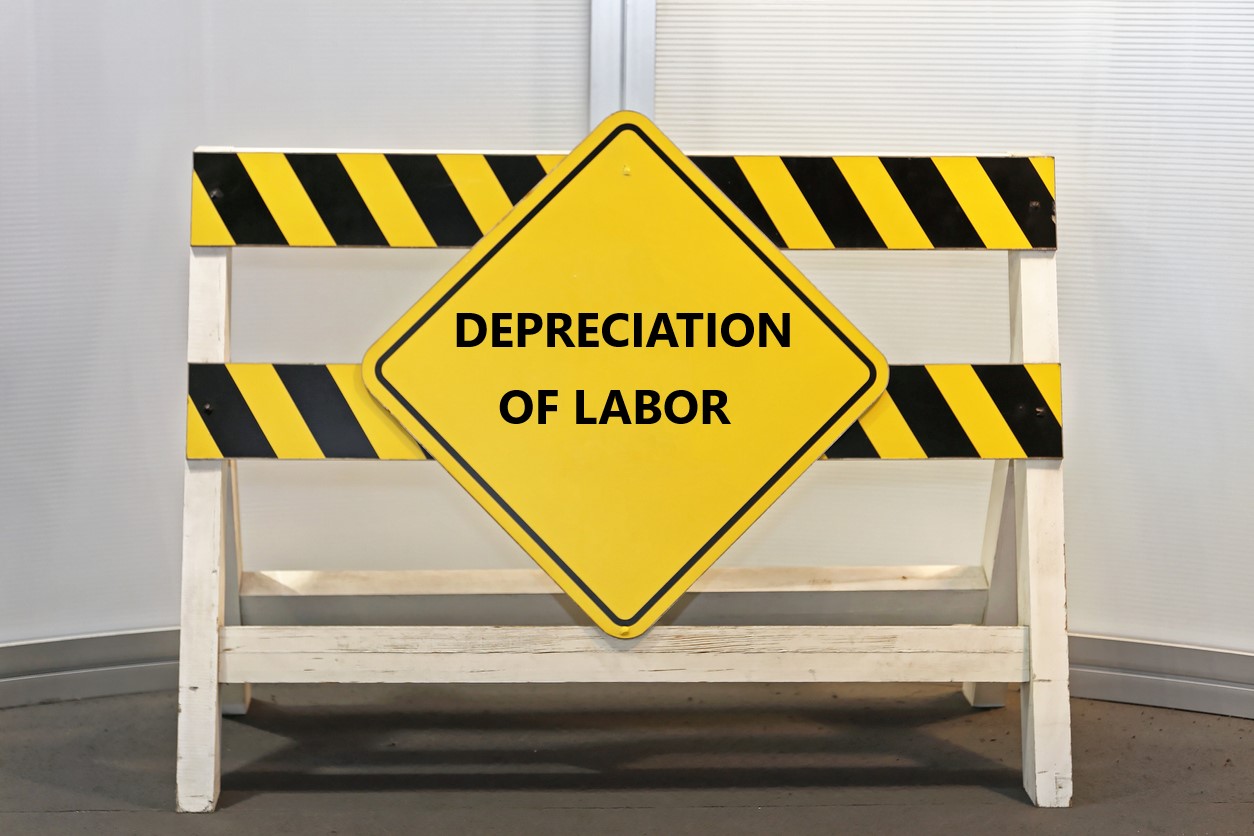In Texas, unlike some states, courts assign a minor role to public policy when interpreting insurance policies. A good example is the treatment of an arsonist’s innocent spouse. As has been described earlier, the “arson defense” permits a carrier to avoid payment upon a showing that the policyholder intentionally created a loss.1 But what about the arsonist’s spouse?
In Texas, an innocent policyholder (theoretically) remains eligible for policy benefits. In Texas Farmers Insurance Company v. Murphy,2 an alleged arsonist’s wife had no knowledge of the fire that destroyed their home. Farmers argued that she had no right to benefits for public policy reasons—the wife might share her recovery with her husband, and this violated traditional public policy that ensures arsonists do not benefit from their crime.
The court rejected this argument, writing “public policy does not overcome an innocent spouse’s contractual right to recover her or his one-half interest in the policy benefits.”3
Yet the same contract-based approach will typically ensure that innocent spouses will not recover any proceeds, as became clear more recently in Weidner v. Nationwide Property & Casualty Insurance Company.4 In Weidner, the federal district court for the Eastern District of Texas evaluated a scenario similar to that of Murphy, except that Nationwide argued the insurance policy’s “concealment or fraud” provision excluded coverage.5
The court agreed. It found this common provision precludes coverage for all insureds in the event of concealment or fraud by any insured. The husband’s “deceptive acts”—setting fire to the home and then not admitting to having done so—permitted the carrier to deny coverage to the arsonist, as well as to his innocent wife.6
If this interpretation becomes the norm, the “concealment or fraud” provision that punishes all insureds for the fraud of any insured will, as a practical matter, preclude an innocent spouse’s recovery of property insurance proceeds in Texas.
______________
1 https://www.propertyinsurancecoveragelaw.com/2011/03/articles/texas-insurers/the-arson-defense-used-by-insurance-companies-against-texas-policyholders/
2 Texas Farmers Ins. Co. v. Murphy, 996 S.W.2d 873 (Tex. 1999).
3 Id. at 881.
4 Weidner v. Nationwide Prop. & Cas. Ins. Co., 74 S.Supp.3d 814 (E.D. Tex. 2014).
5 In the policy at issue, the provision stated: Concealment or Fraud. This policy is void at to you and any other insureds, if you or any other insured under this policy has intentionally concealed or misrepresented any material fact or circumstance, made false statements or committed fraud relating to this insurance, whether before or after a loss.
6 Id. at 825.



